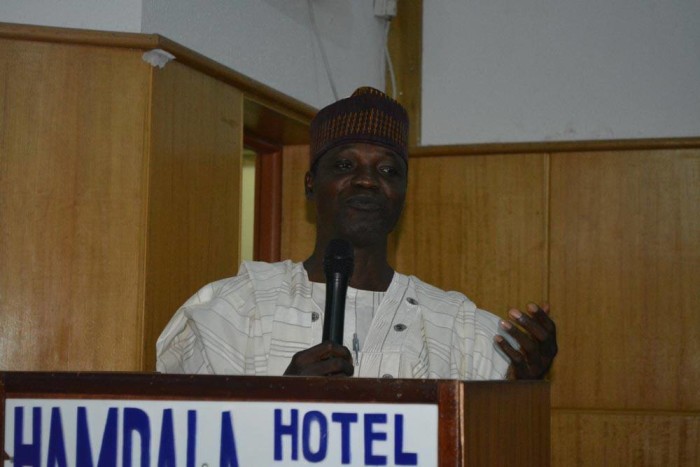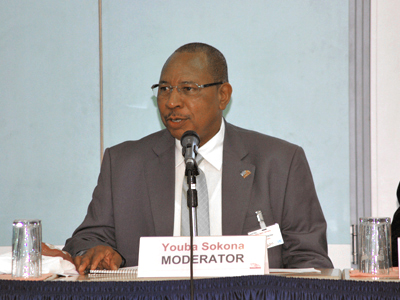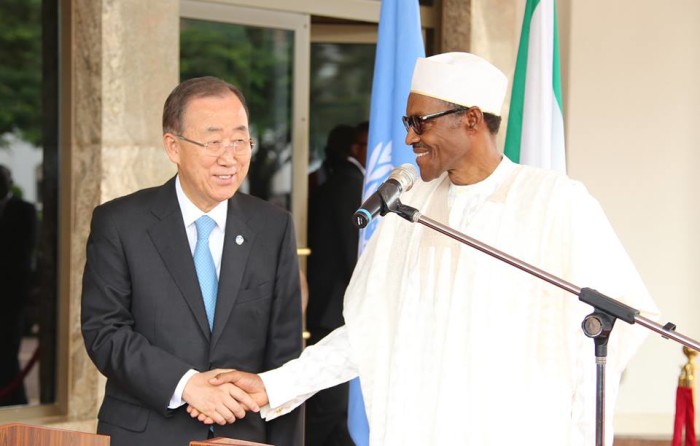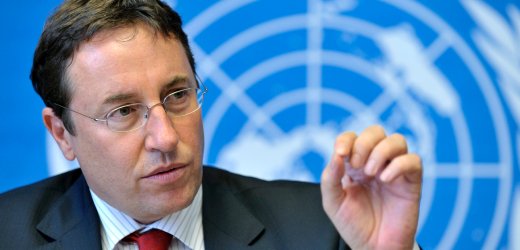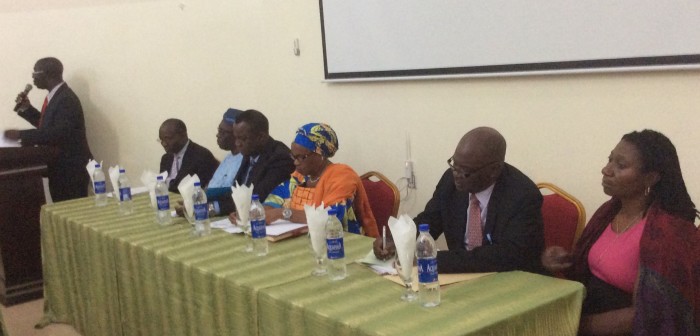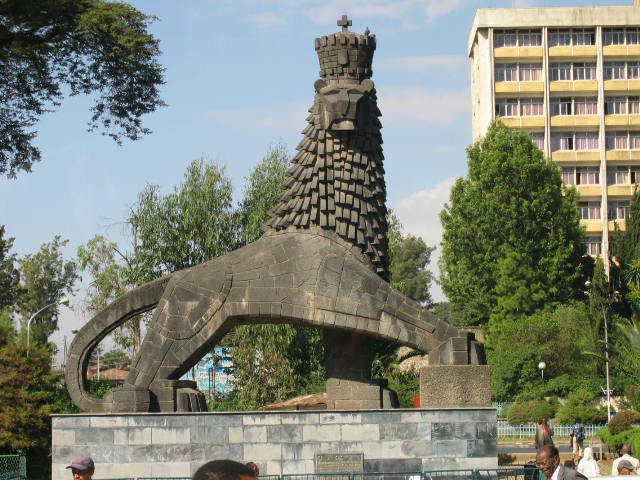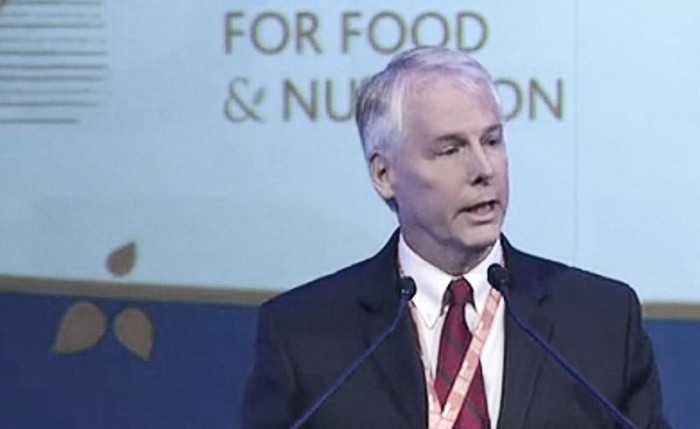As adaptation demand grows, the AFB moves ahead with green light from evaluation report
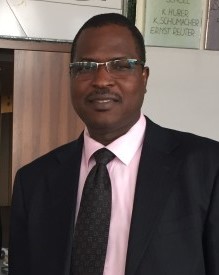
The Adaptation Fund Board (AFB) has considered a record number of project and programme applications, approving three full project proposals and five preliminary projects, for a total of over $12.4 million. The Board is also expanding its scope of operations, making decisions on regional projects for the first time alongside national adaptation projects.
This is coming even as Nigerian Peter Tarfa was made Chair of the Project Programme Review Committee (PPRC) of the AFB.
A couple of months ago, Tarfa, along with Ms. Yuka Greiler from Switzerland (who is representing Western European and other Groups), was elected during the 25th Meeting of the AFB (AFB25) in Bonn, Germany to the posts of Vice Chair and Chair of the PPRC respectively.
But at the 26th Meeting (AFB26) that also held in Bonn from October 8-9, 2015, the Board elevated Tarfa to be Chair of the PPRC from Vice Chair. Among other duties, Tarfa will be responsible for evaluating and recommending submitted project and programme proposals to the Board for approval.
An observer described the development as “a critical position and an added feather for Nigeria in international climate diplomacy.”
Last week in Bonn, the Board also decided to accredit the Central American Bank for Economic Integration (CABEI) as a Regional Implementing Entity (RIE) of the Adaptation Fund, making it the 5th regional accredited entity, and joining the 20 national, and 12 multi-national accredited bodies who partner with the Fund.
“The unprecedented number of proposals to the Fund shows the huge demand for action on adaptation to climate change – and confirms the increasing relevance of the Adaptation Fund,” said Hans Olav Ibrekk, Chair of the AFB.
“The independent evaluation report on our work shows that we are really delivering on our mandate. We have a track record of supporting projects that build the resilience of some of the world’s poorest people against the impacts of climate change. We have a strong pipeline of projects for the future. Now we urgently need to make sure that we have the financial resources to match that demand.”
Decisions taken at the 26th Adaptation Fund Board meeting included:
- Approving a project proposal, Enhancing resilience to climate change of the small agriculture in the Chilean region of O’Higgins from the Chilean International Cooperation Agency for $9.96 million
- Approving two project proposals from the Indian National Bank for Agriculture and Rural Development (NABARD), Climate proofing of watershed development projects in the states of Rajasthan and Tamil Nadu for $1.34 million, and Climate Smart Actions and Strategies in North Western Himalayan Region for Sustainable Livelihoods of Agriculture-Dependent Hill Communities for nearly $1 million
- Endorsing two concept proposals from the Indian National Bank for Agriculture and Rural Development (NABARD), and the Centre de Suivi Ecologique in Senegal, funding a total of $60.000
- Endorsing four pre-concept proposals under the new pilot programme for regional projects for a total of $80.000
- Accrediting the Central American Bank for Economic Integration (CABEI) as a Regional Implementing Entity (RIE) of the Adaptation Fund
Welcoming the positive findings of the independent evaluation report on the Fund, which stressed the Fund’s relevance, effectiveness and efficiency.
The AFB also further considered how to build synergies with the Green Climate Fund (GCF), mandating its Secretariat to continue discussions with the GCF, and requesting clarification from the Conference to the Parties to the Kyoto Protocol (the reporting body for the Fund) about the Board’s mandate to take decisions on inter-Fund relations.
The Adaptation Fund was established under the Kyoto Protocol of the UN Framework Convention on Climate Change (UNFCCC), and has committed $330 million in 50 countries since 2010 to climate adaptation and resilience activities. To date, 51 projects have been approved with the majority in the implementation stage.

